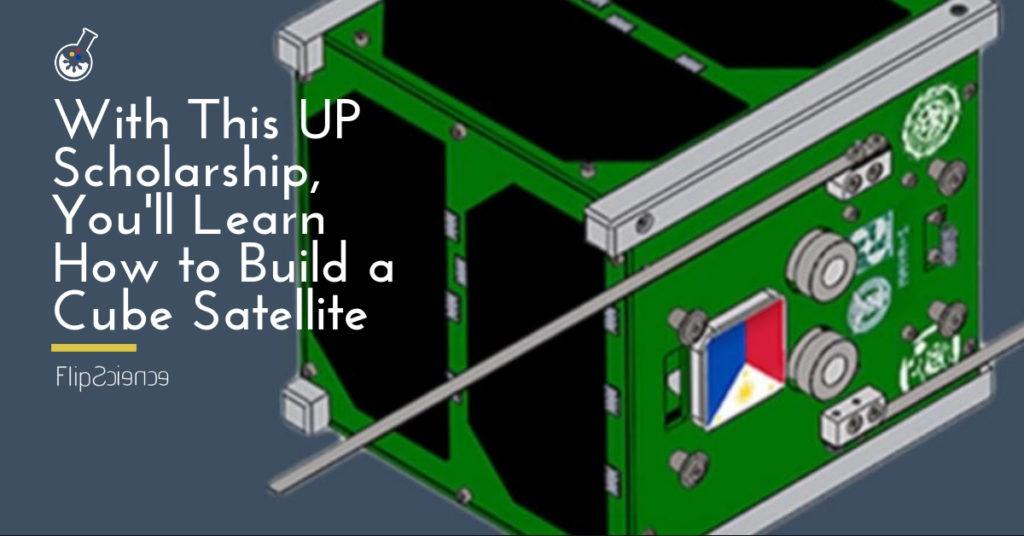After the successful launches of Diwata-1 and Maya-1, interest in Pinoy space science is at an all-time high. As the PHL-Microsat team prepares to launch Diwata-2 by the end of October, the Department of Science and Technology – Science Education Institute (DOST-SEI) and the University of the Philippines (UP) Diliman offer a unique, unprecedented educational track in the Philippines: one where you can learn — and actually experience — how to build a cube satellite of your own.
Inside, around, and beyond the box
Incoming Master of Science (MS) and Master of Engineering (MEng) students under the Electrical Engineering Programs of UP’s Electrical and Electronics Engineering Institute (EEEI) are eligible to pursue a nanosatellite engineering track.
Known as the Space Science and Technology Proliferation through University Partnerships (STEP-UP) Project, this initiative aims to empower future researchers and scientists through in-depth lessons and training. Its main objectives are the development and launch of two cube satellites per school year. It is one of four projects under the DOST-funded Space Technology and Applications Mastery, Innovation and Advancement (STAMINA4Space) program.
The curriculum will include:
Developing 1U cube satellites (cubesats) at the UP Diliman EEEI facility;
Space environment cube satellite testing at the Kyushu Institute of Technology (Kyutech) in Japan;
Launching the cubesats via the International Space Station; and
Operating the cube satellites.
Take note, however, that scholarship slots for this project are limited. There will only be eight scholars per school year for the STEP-UP project.
Satellite project
Through STEP-UP, PHL-Microsat’s findings and output in small satellite technology can maximize the capacity of scientists and researchers.
STEP-UP aims to eventually establish a University Consortium on Space Science and Technology Applications. Afterwards, the project will focus on nanosatellite engineering scholarships and ground stations in its partner universities.
Interested parties may apply for the January 2019 program until October 30, 2018. Should you have any questions about the January 2020 program, don’t hesitate to ask the STEP-UP team or Project Secretariat at step-up@eee.upd.edu.ph or at (02) 981-8500 loc. 3305. For the application requirements, you may click this link.
Reference
- Official press release from UP-EEEI.
Author: Mikael Angelo Francisco
Bitten by the science writing bug, Mikael has years of writing and editorial experience under his belt. As the editor-in-chief of FlipScience, Mikael has sworn to help make science more fun and interesting for geeky readers and casual audiences alike.







